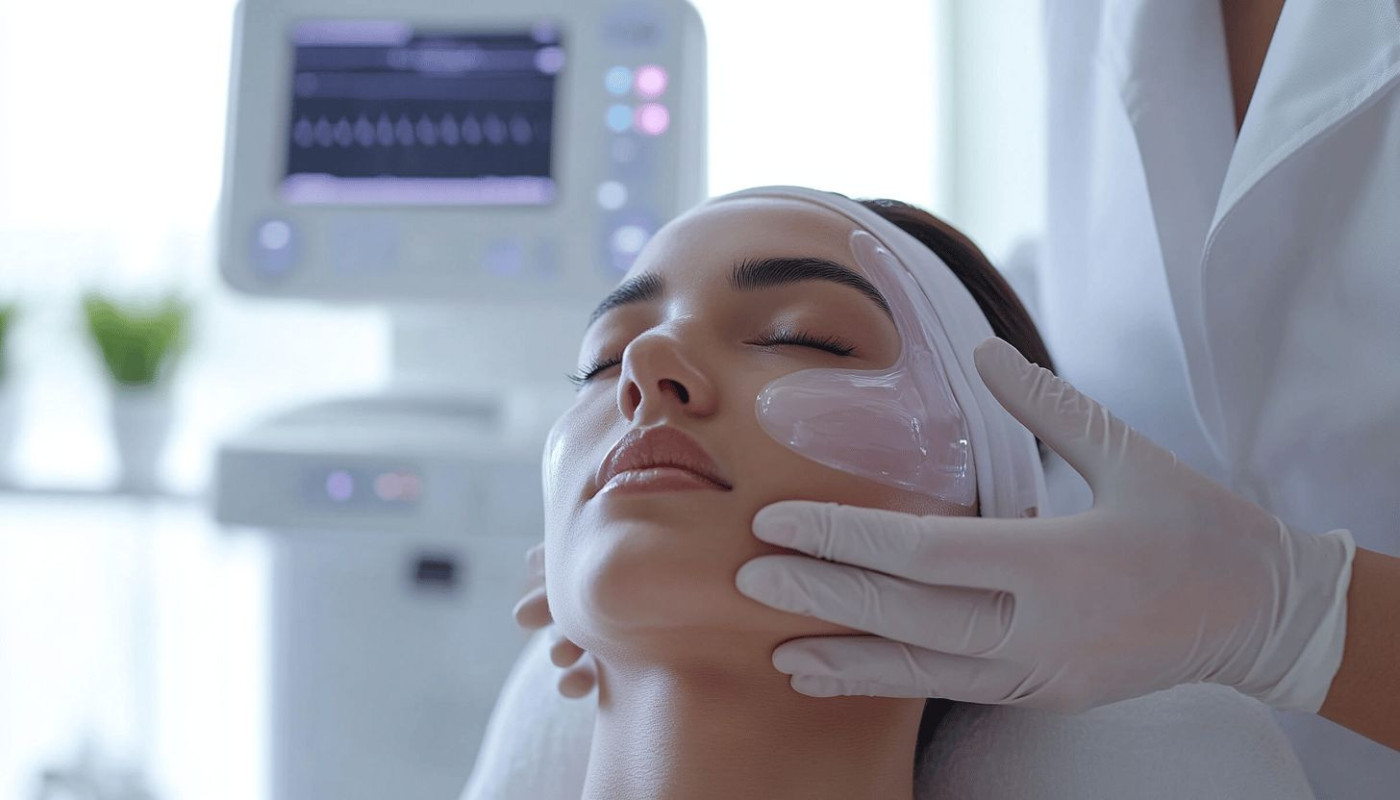Table of contents
Achieving a radiant smile can be a transformative experience. The confidence that comes from flashing pearly whites is unmatched, but maintaining that brilliance after a whitening treatment requires specific care and attention. For those who have invested time and resources into brightening their smile, it's vital to understand that the work does not end when the treatment does. The longevity of your gleaming teeth depends heavily on the post-whitening regimen you follow. This detailed guide will provide you with the key strategies and practices to ensure that your smile stays bright long after you've left the dentist's chair. Discover the steps you can take to protect your investment and prolong the dazzling effects of your whitening treatment. If you're eager to keep your teeth sparkling and healthy, read on to unlock the secrets of effective post-whitening care.
Understanding Post-Whitening Tooth Sensitivity
Following a whitening treatment, many individuals experience tooth sensitivity, a condition commonly referred to as dentin hypersensitivity. This discomfort is typically due to the whitening agents penetrating the tooth enamel and reaching the dentin layer, which contains microscopic canals leading to the nerves. As a result, teeth become more susceptible to temperature changes and other stimuli. The duration of this sensitivity is generally a temporary phase, with symptoms often subsiding within a few days to a week. To manage sensitivity effectively, it is advised to use desensitizing toothpaste, avoid extremely hot or cold foods and beverages, and maintain gentle oral hygiene practices to prevent further irritation. During this period, it is paramount to continue brushing and flossing regularly, but with a softer touch and using a toothbrush with soft bristles. Reassurance is key, as this heightened sensitivity is typically a fleeting issue following whitening treatments. For those seeking additional tips and strategies to maintain their bright smile while coping with post-whitening tooth sensitivity, check out here.
Maintaining Oral Hygiene Post-Whitening
Preserving the results of a teeth whitening treatment demands a steadfast commitment to an oral hygiene routine, specifically tailored to cater to the heightened sensitivity and preservation of the enamel. Key to this regimen is the integration of brushing and flossing into one's daily activities, ideally twice a day or after every meal. The use of non-abrasive toothpaste is recommended to avoid unnecessary wear on the enamel, which can be compromised following teeth whitening procedures. Effective plaque control, a term often used by dental professionals, is achieved through meticulous brushing and flossing, aimed at removing build-ups that can lead to discoloration and decay.
Moreover, consistent dental check-ups are pivotal in ensuring the long-term success of teeth whitening maintenance. These check-ups allow for the early identification of potential issues that could compromise the whiteness of your teeth. A dental hygienist, with their expert knowledge on oral care, would advocate for regular professional cleanings as part of an individual's oral care plan. Such cleanings not only reinforce plaque control but also provide an opportunity for the hygienist to assess the effectiveness of your personal oral hygiene routine and to make adjustments as needed.
Avoiding Staining Culprits After Whitening
Maintaining the dazzling effects of a teeth whitening treatment involves a conscious effort in stain prevention. The key to preserving that bright smile lies in understanding which substances have the propensity to cause teeth discoloration. Common offenders include coffee, tea, red wine, and tobacco—each containing chromogenic compounds that can tarnish your whitening results. To minimize exposure to these staining agents, consider adopting alternative habits such as opting for white tea instead of black or adding a splash of milk to your coffee, which may reduce its staining potential. For those unable to resist these indulgences, it is advisable to brush or rinse immediately afterward to lessen the risk of discoloration. Embracing these post-whitening care strategies is a significant step towards enjoying a long-lasting, radiant smile.
Dietary Considerations for a Lasting Smile
To extend the effects of your teeth whitening treatment, adapting your eating habits to a whitening-friendly diet can be very beneficial. Consuming enamel-safe foods and drinks that are less likely to cause discoloration is a key strategy in minimizing teeth staining. For instance, water not only keeps you hydrated but also helps rinse away food particles and staining agents. Milk and other dairy products can neutralize acids produced by bacteria in your mouth and are less likely to stain your teeth compared to colored beverages. Including crunchy vegetables and fruits in your diet, such as carrots, apples, and celery, can act like a natural toothbrush, scrubbing the surface of your teeth as you chew and promoting saliva production, which aids in the prevention of cavities. Emphasizing a balanced diet not only contributes to your overall oral health by providing the necessary nutrients to maintain strong teeth and gums but also assists in preserving the bright, white smile you've achieved. By carefully selecting your food and beverages, you can significantly reduce the risk of sabotaging your whitening results.
Regular Professional Care for Sustained Brightness
Engaging in regular professional dental care is vital to sustaining the gleaming results achieved through whitening treatments. Periodic cleanings, formally known as prophylactic dental cleaning, play a fundamental role in removing plaque and tartar build-up that can tarnish a bright smile. Moreover, touch-up treatments may be advised by a dental professional to counteract any new staining and help maintain brightness over time. These procedures, when done routinely, ensure that the smile remains as luminous as it was post-whitening. Additionally, receiving post-whitening guidance from a cosmetic dentist can provide personalized strategies to address unique dental needs, ensuring optimal care that aligns with the individual's lifestyle and oral health status.



